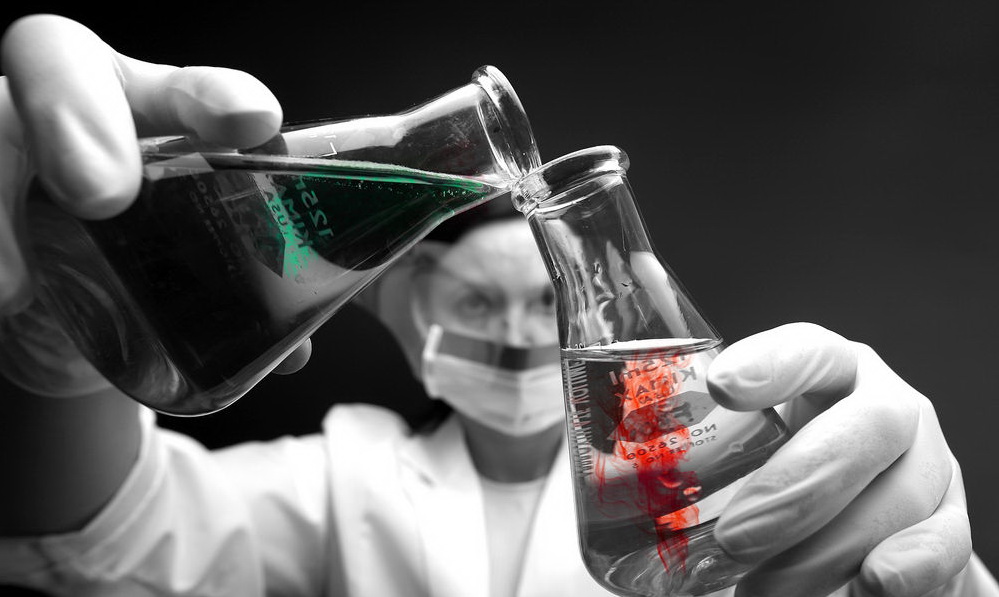
Does Nicotine-Free Vaping Damage Health?
According to research by Public Health England, vaping is much safer than tobacco smoking. The most harmful substance inhaled by vapers is nicotine, but there are zero-nicotine e-liquids. Is such a vaping considered totally safe?
Nicotine vaping: is it detrimental?

Despite the fact that vaping is 95% safer than cigarettes, many people are concerned about nicotine contained in e-juices. Therefore, some countries have adopted special laws regulating available doses of this substance. For instance, the maximum rate in the EU is 20 mg/mL.
Why is nicotine dangerous? Does it inflict harm during vaping? Firstly, this substance causes physical addiction. Secondly, nicotine overdosing results in elevated blood pressure, tachycardia, and other unpleasant consequences. However, e-liquids contain a negligibly small amount of the substance, thus it does not have a significant impact on health.
Overdosing can happen only in case of using certain types of vaping devices and salt nicotine e-juices.
Reasons for non-nicotine vaping

A lot of vapers and individuals combating nicotine addiction prefer zero-nicotine e-liquids. Smokers shift from cigarettes to vapes and gently reduce a nicotine dose in order to vape without it. This method of refusing tobacco smoking is efficient because the amount of consumed nicotine decreases quite slowly, the body does not experience stress, and the probability of giving up is extremely low.
Nicotine-free e-juices are also appropriate for those who have never smoked before. Vaping is indeed a safer alternative to conventional cigarettes containing not only nicotine but also several hundreds of toxic substances that damage human health. To figure out how vaping affects the body, you should examine the e-liquid composition.
E-juice composition

E-liquids frequently consist of a wide variety of flavoring agents depending on manufacturers and e-juices. But they have the same key elements.
food propylene glycol: accounts for substantiality;
food glycerin: produces dense vapor;
water: softens a taste.
We still do not have the ultimate and definite research results concerning the impact of glycerin and propylene glycol in case of long-term and regular vaping. In the short term, they won’t damage the body if a person does not suffer from a specific allergy.
The same is referred to flavoring agents providing e-juices with different tastes. Allergic vapers should carefully read the composition of each e-liquid or create it on their own (it is possible, you just need high-quality ingredients).
Some e-juice manufacturers can add poor-quality components in order to cheapen the production. That is why goods by well-known and verified companies are the safest option.
Is vaping harmful to surrounding people?

The impact of propylene glycol and glycerin on vapers are not comprehensively explored, but these substances are non-hazardous to surrounding people. They won’t change the air composition in the room, while passive vaping does not affect the health of people around vapers. A rich vapor flavor can at least annoy somebody, but it is quite easy to solve this problem by vaping in designated areas.
Leave your email!




Leave your email!








